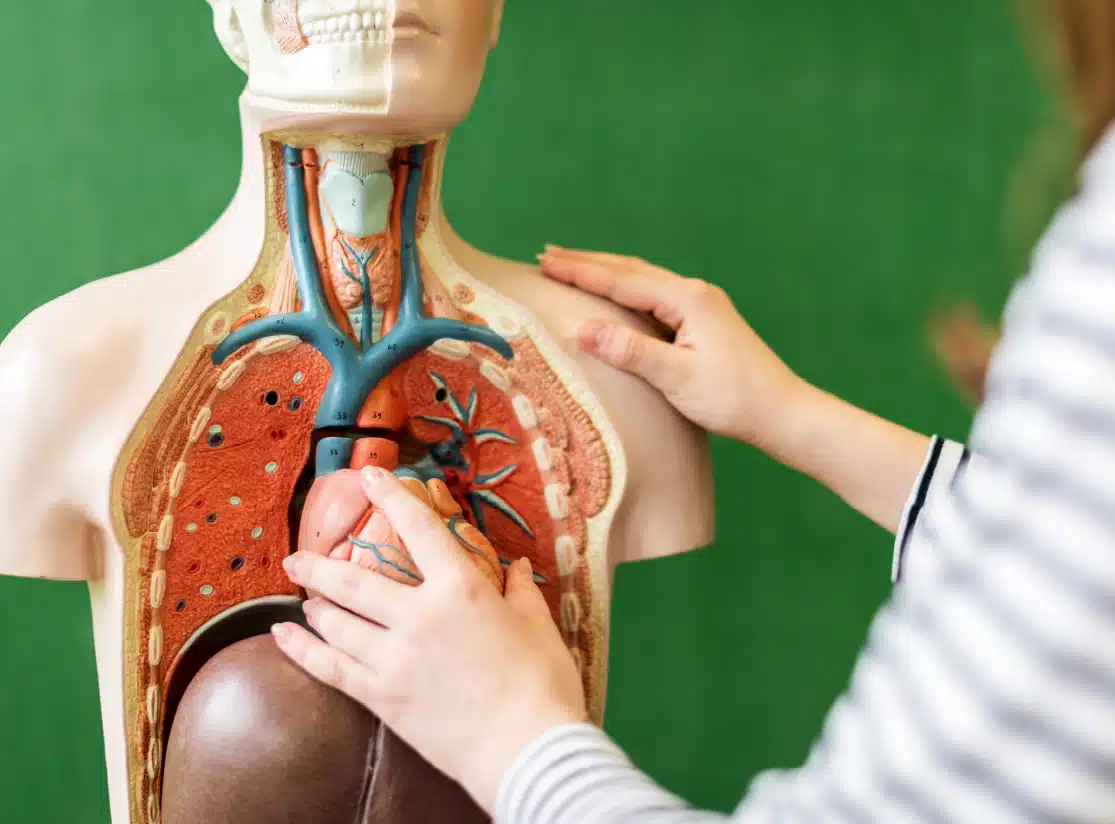Biology A Level explores the science of life, from the molecular basis of cells to the complexity of ecosystems. The course develops a deep understanding of biological principles while building practical and analytical skills through hands-on investigations.
Pupils will learn how Biology connects to real-world issues such as health, sustainability and the environment, preparing them for further study in fields like medicine, biomedical sciences and environmental studies. Assessment combines written exams with a Practical Endorsement that recognises laboratory skills.
The course is split into six teaching modules. Modules 1 to 4 are taught in the first year, with Modules 5 and 6 taught in the second year.
Module 1: Development of practical skills in Biology
This module is taught throughout the two years and covers the practical skills that pupils should develop through the course.
Module 2: Foundations in Biology
Studying the key theoretical knowledge and concepts needed to understand the rest of the course.
Module 3: Exchange and transport.
Taking a closer look at exchange surfaces (e.g. the lungs) and transport systems in animals and plants.
Module 4: Biodiversity, evolution and disease.
Continuing to specialise by studying three interesting topics.
Module 5: Communication, homeostasis, and energy.
Learning how cells harness energy and communicate with one another.
Module 6: Genetics, evolution and ecosystems.
Taking a deep dive into modern genetic technologies, understanding the complexity of inheritance and studying the importance of ecosystems.
Entry Requirements
Pupils require a 7 in Biology or 7-7 in Combined Science. Pupils all require a 6 in Maths, due to the relatively demanding mathematical content within the course.
Examination Board: OCR
Specification: Biology A
Mr J. Williams – Lead Teacher of Biology
SIXTH FORM












